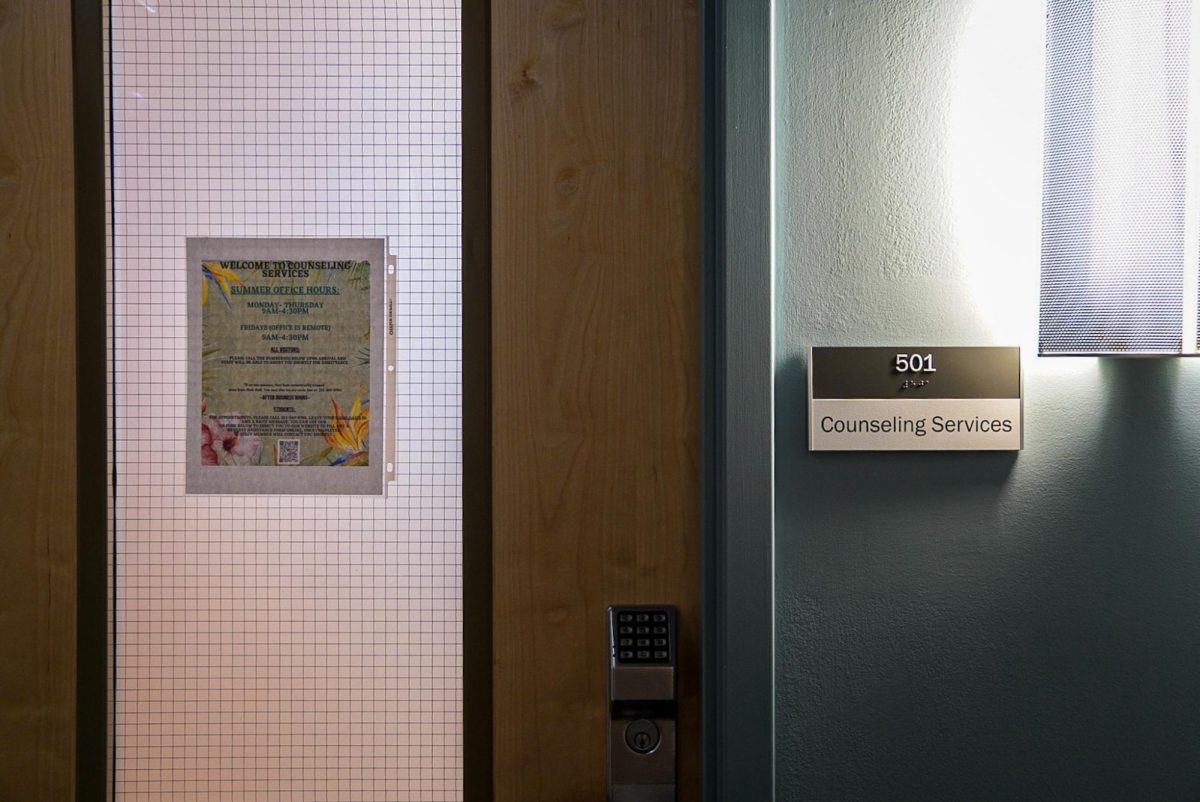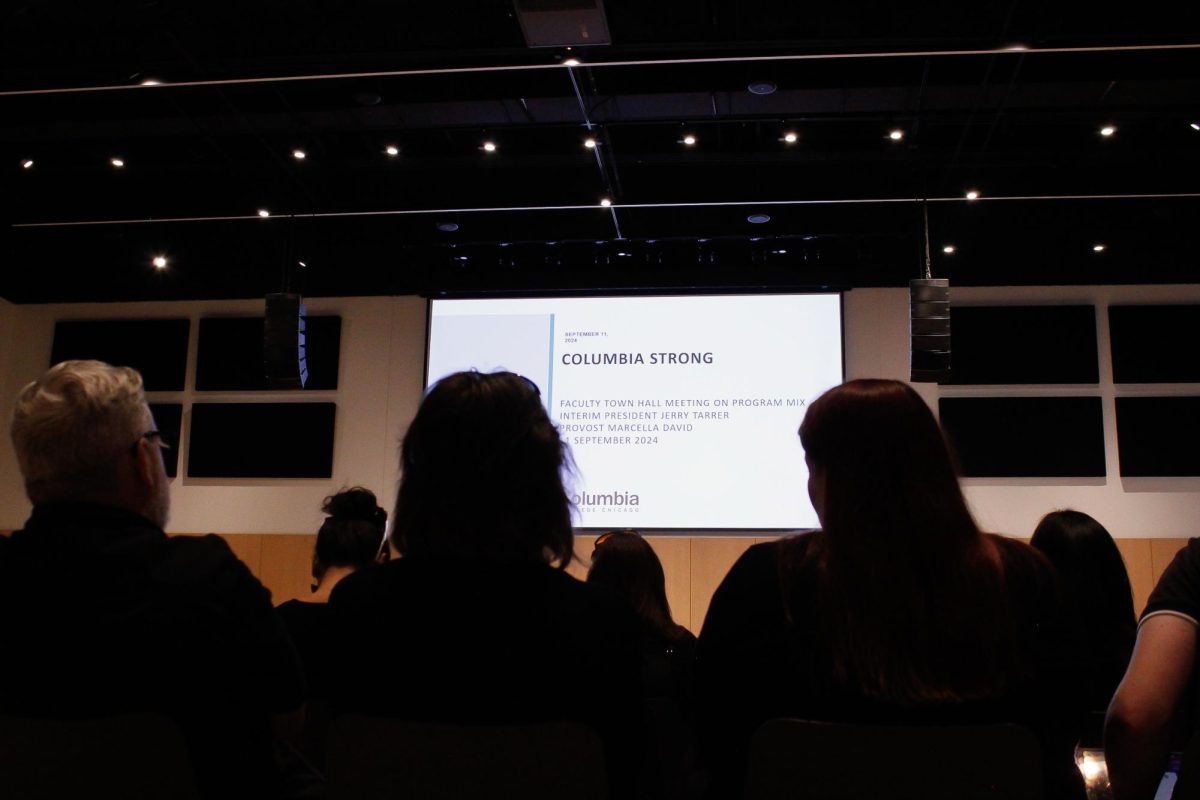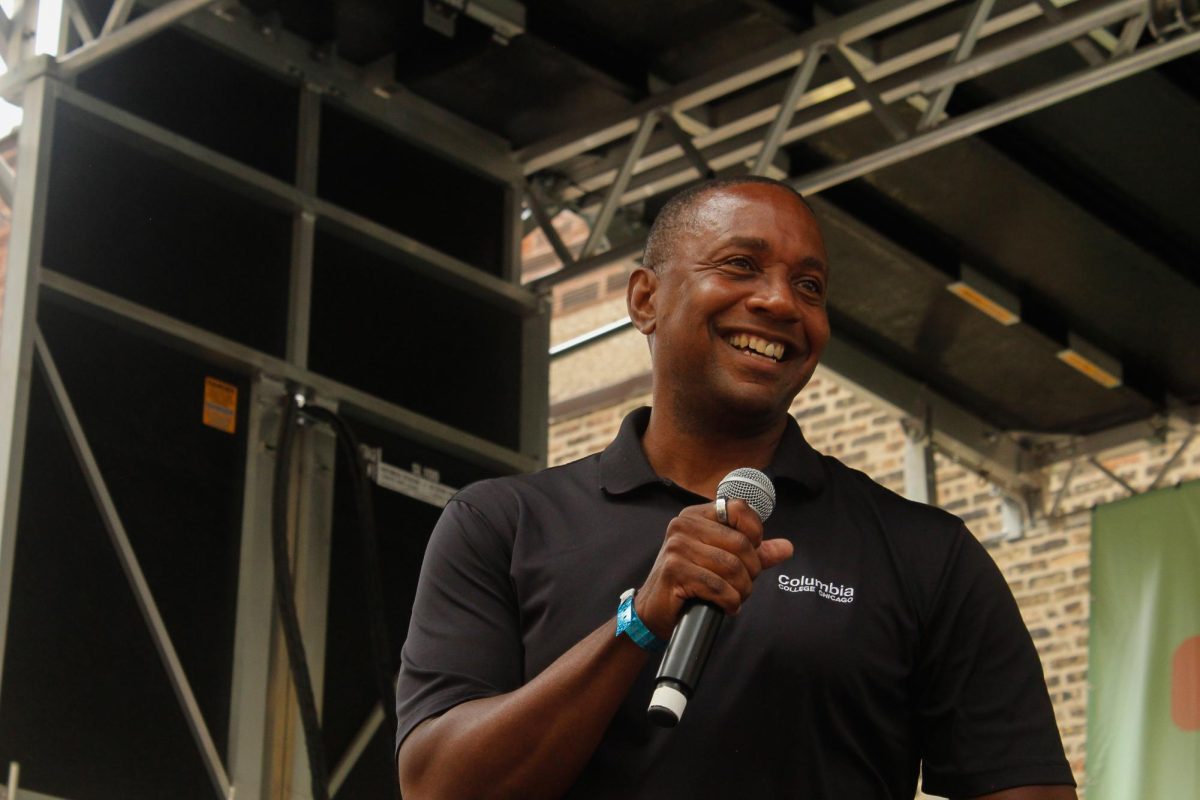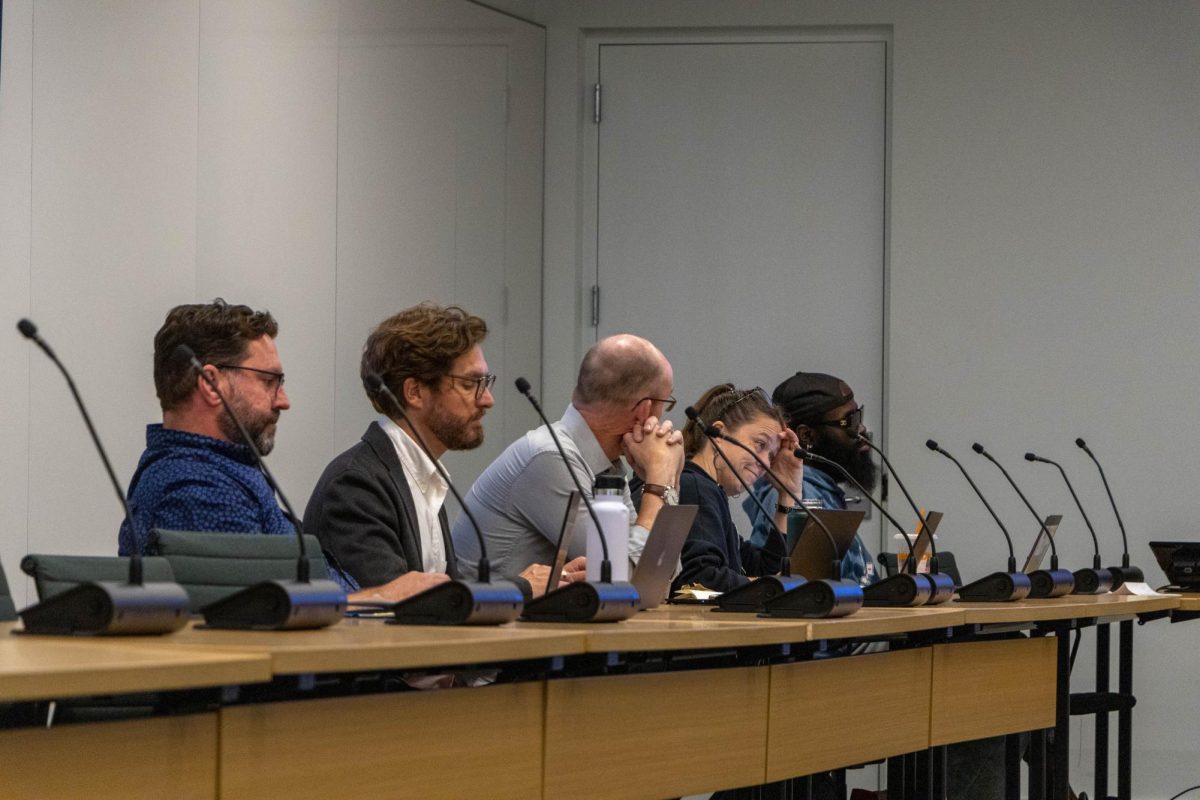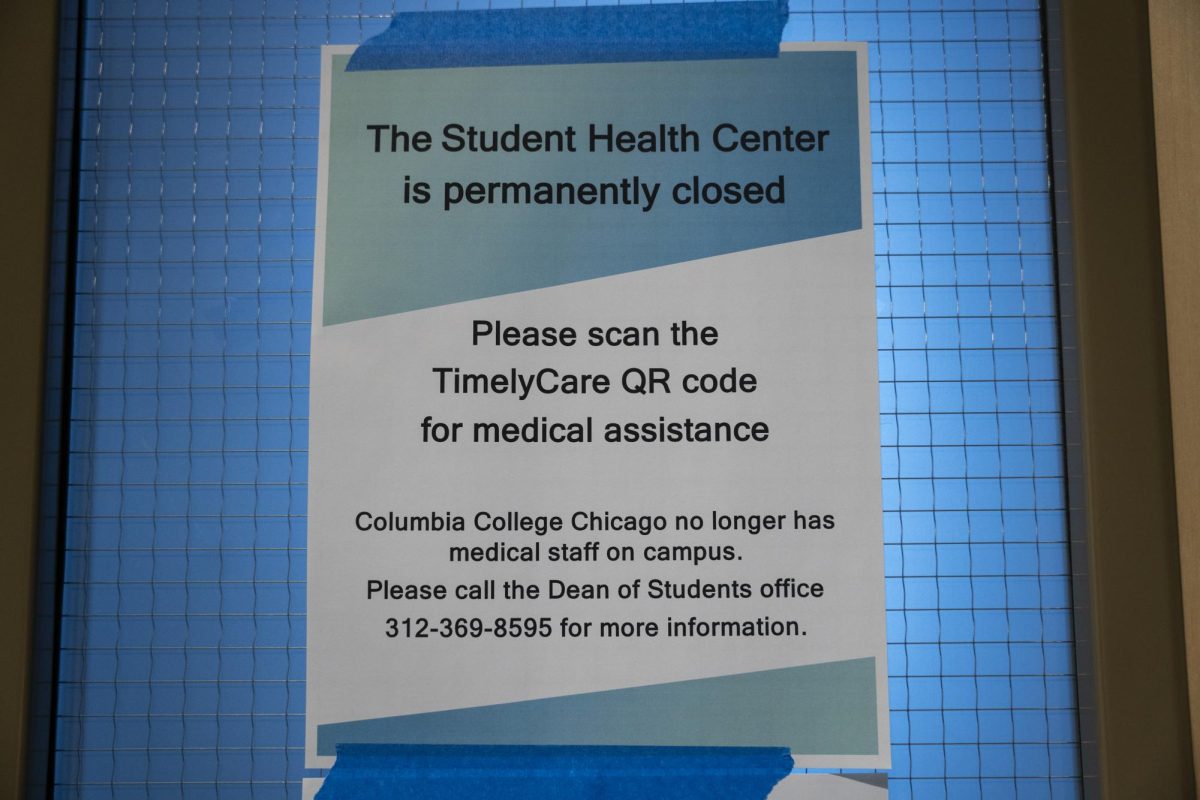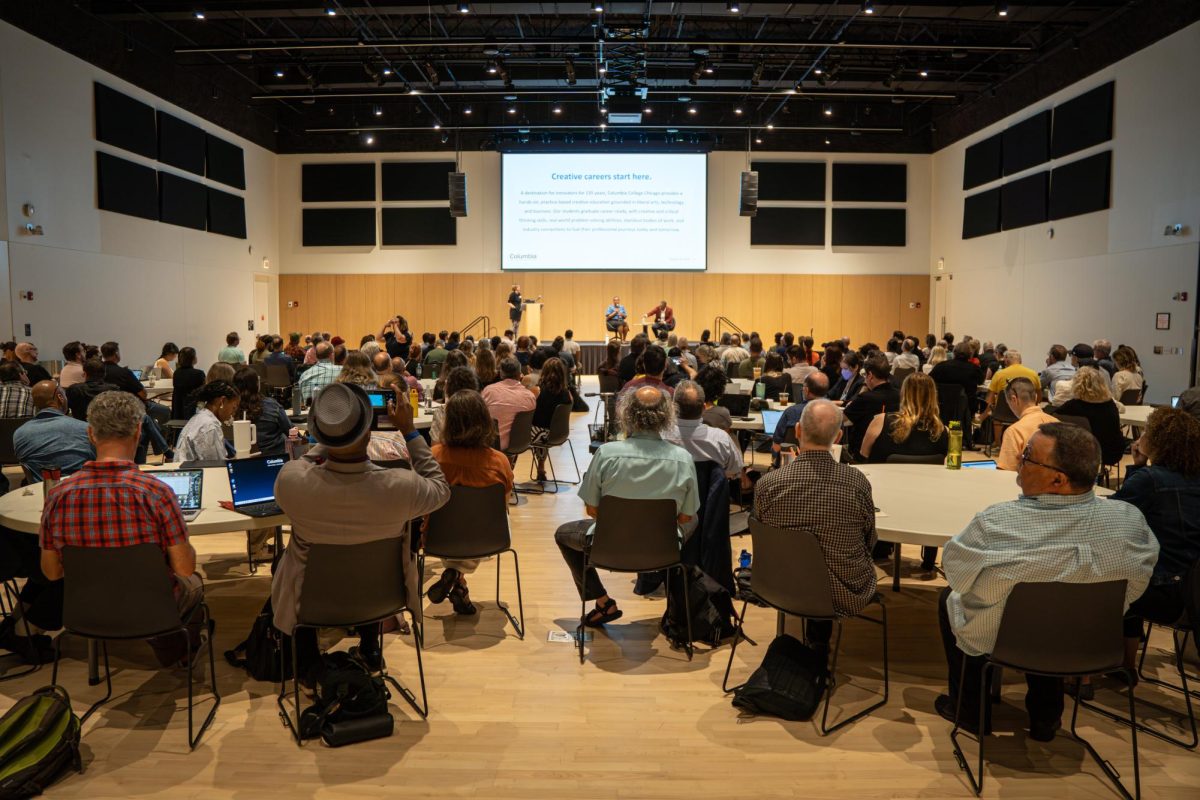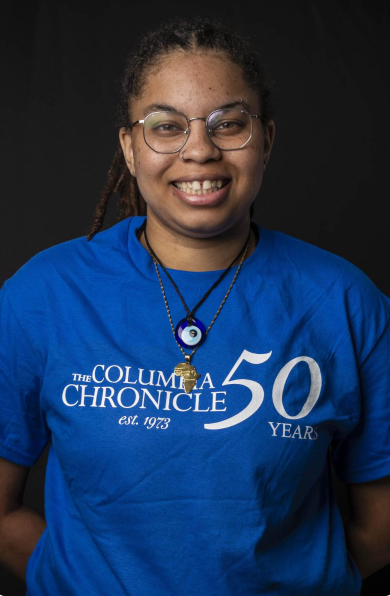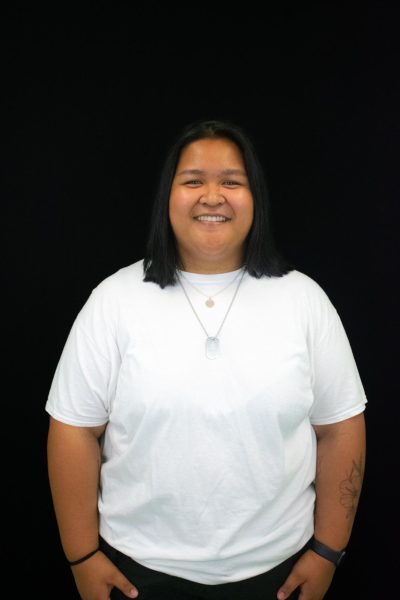Columbia will be partnering with TimelyCare, a virtual health care provider, to aid the Counseling Services and provide 24/7 assistance to students ahead of the fall semester.
The college will offer a combination of services from both the four in-person therapists who currently work in Counseling Services and TimelyCare’s network of telehealth services and providers. Students will be able to choose to be connected to therapists with diverse backgrounds and specializations, something students have expressed concerns about in the past.
The expansion of services is also aiming to address the ongoing wait-time issues students have faced when scheduling appointments with Counseling Services, which has been historically understaffed and overwhelmed.
In an email sent college-wide Tuesday, June 4, Vice President of Student Affairs Sharon Wilson-Taylor, announced the college will be partnering with the service. This will provide 24/7 on-demand care for students, following in the footsteps of other local colleges like Northwestern University, Northeastern Illinois University and University of Chicago.
TimelyCare, a Texas-based company established in 2017, offers services like TalkNow, an on-demand service that connects students to a provider for mental and emotional support, health literacy guidance and crisis management within five minutes. The program also offers scheduled counseling, a peer community feature allowing students to connect and support each other, and a digital self-care library connecting students with evidence-based tools and techniques to aid any mental health challenges.
Columbia will join the twenty-eight other college campuses across Illinois to partner with the program.
Douglas Eck, dean of students, said he hopes that mental health services will be more accessible with TimelyCare.
“I think we’re doing a lot of good in making sure that our students have more support, even though it may feel like things are not turning in that direction,” said Eck.
The new service is expected to begin operations on August 15.
What it means for students:
Any enrolled student will have access to TimelyCare with no additional cost beyond what is included in tuition and fees. Students will receive up to 12 free counseling sessions with a TimelyCare provider or an in-person therapist on campus as well as unlimited access to all of TimelyCare’s online resources.
The program also integrates with already established campus services like Canvas and SSO, allowing students to use their Columbia login to access the service.
Eck said with TimelyCare having providers certified in all 50 states students can now access mental health resources even when out of state for breaks, Semester in LA and study abroad programs.
“One of our hang-ups is related to state law that our clinicians are only licensed to provide mental health services in the state of Illinois. So if I’m going back to California over winter break and I’m having a go at it with my family and I want to talk to someone, I would not be able to speak to someone in Colombia’s portfolio because they’re not licensed to do teletherapy across state lines,” Eck said.
Eck also said a new service will be psychiatric care, something the college has not been able to provide in the past outside of referrals that depend on a student’s insurance status. With TimelyCare, mental health providers both through the service and on campus can now identify and connect students that may need more support.
“TimelyCare has the ability to write prescriptions which our staff does not have the ability to do. From a psychiatric care perspective, if there is a prescription that perhaps the student needs to deal with some anxiety or ADHD or depression, they would be able to say, ‘Let’s get you started on this medication,’ and write that prescription for the student to get filled locally,” said Eck.
Eck also stated that while TimelyCare has been a first step in expanding mental health services for students, there will be an evaluation of how students feel about the service.
“I think we’re going to have to play it by ear. We are going to constantly be evaluating engagement, students’ feelings and attitudes toward teletherapy [and] toward getting resolution to their concerns. We’re going to constantly be looking at that.”
He also said that it has been a balancing act of reductions for the deficit and quality care for students.
“This is how we are addressing the needed reductions, the fiduciary reductions while at the same time finding an opportunity to respond to the needs and wants of our students,” Eck said. “While we’ve had to decrease some staff positions, I do believe wholeheartedly that we are expanding access to students through 24/7 access.”
By the numbers:
To address the $38 million financial gap, the college is making $18 million in budget cuts to administrative and instructional expenses. On Thursday, May 30 the college eliminated 102 positions across the college, laying off 70 staff members, including four librarians, two academic advisors, nine staff in the tutoring center and four staff therapists.
The decision was “shocking” to faculty, staff and students since the college’s last communication on budget cuts stated that “the college is not planning reductions in student counseling,” the email, sent Thursday, March 21, stated.
What students are saying:
Raul Zacarias, a senior graphic design major, reflects on how online services differ from in-person meetings.
“Knowing that you’re speaking to someone face to face versus online, it doesn’t feel the same. I feel like people aren’t going to be able to express themselves as much,” Zacarias said. “I understand the availability of being able to speak online, but also I don’t think it’s going to work out for many students.”
Suzy Maldowney, a senior acoustics major, had a rough time during her first visit at the Counseling Center during her freshman year. After not receiving any follow-up information for an outside referral, Maldowny stopped seeing the school therapist.
She has had experience using other telehealth programs, including BetterHelp. Maldowney believes meeting a therapist in person is more intimate and is concerned about the effectiveness of the new program.
“I think therapy is more beneficial in person because it feels more personal and more safe,” Maldowney said. “And there was also a lot of stuff that came out about BetterHelp using AI. So, if this telehealth uses AI then that’s just not helpful. You can’t really get a human connection.”
Regardless of her worries, she hopes the new program will be more organized than the current Counseling Services at Columbia.
“It was surprising to me that they were firing four therapists when they didn’t have enough stuff for everybody already,” Maldowney said. “But because they’re offering something else, that seems better.”
Joelle Olabode, a senior fashion design major, has heard a lot of mixed opinions about Columbia’s counseling services which has stopped her from getting help from the school. She has heard that the services are limited and students are typically referred to counseling outside of the school.
She has been looking into finding a therapist and is considering using the new telehealth program once it debuts in August. She hopes that the new program will be more diverse and be able to support students of different ethnicities and backgrounds.
“I would want a Black woman as a therapist,” Olabode said. “I’m a Black woman, so I think I’d be interested in seeing how they cater to different ethnicities and if they offer a variety of different people or services that cater to my identity in any way.”
Copy edited by Doreen Abril Albuerne-Rodriguez
Resumen en Español:
Columbia se asociará con TimelyCare, un proveedor de atención médica virtual, para mejorar sus servicios de salud mental, ofreciendo acceso virtual 24/7. Esta colaboración tiene como objetivo reducir los tiempos de espera, ampliar los servicios a estudiantes que estudian en el extranjero o fuera del campus, y ofrecer opciones de terapia diversa. La iniciativa se integrará con los recursos existentes del campus, permitiendo un acceso sin problemas a través del sistema de inicio de sesión de Columbia. El servicio comenzará el 15 de agosto e incluirá hasta 12 sesiones de asesoramiento gratuitas por estudiante, además de acceso ilimitado a los recursos de TimelyCare. Columbia también planea ofrecer atención psiquiátrica, que antes no estaba disponible. Esta asociación forma parte de un esfuerzo más amplio para abordar los recortes presupuestarios mientras se mejora el apoyo a los estudiantes.
Resumen por Doreen Abril Albuerne-Rodriguez


